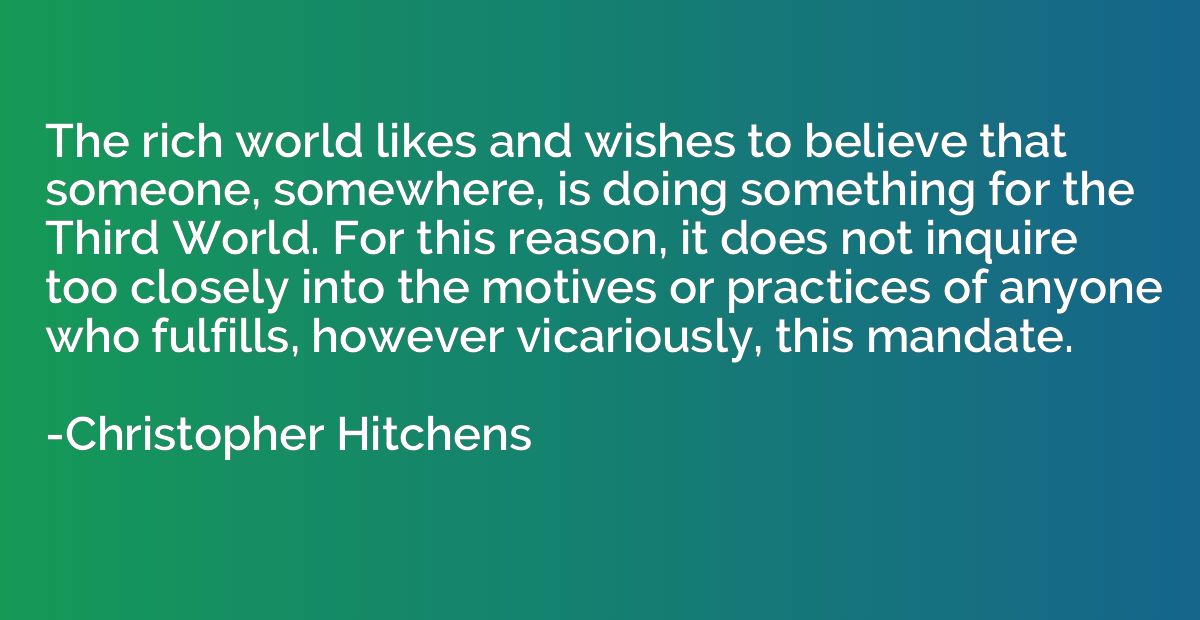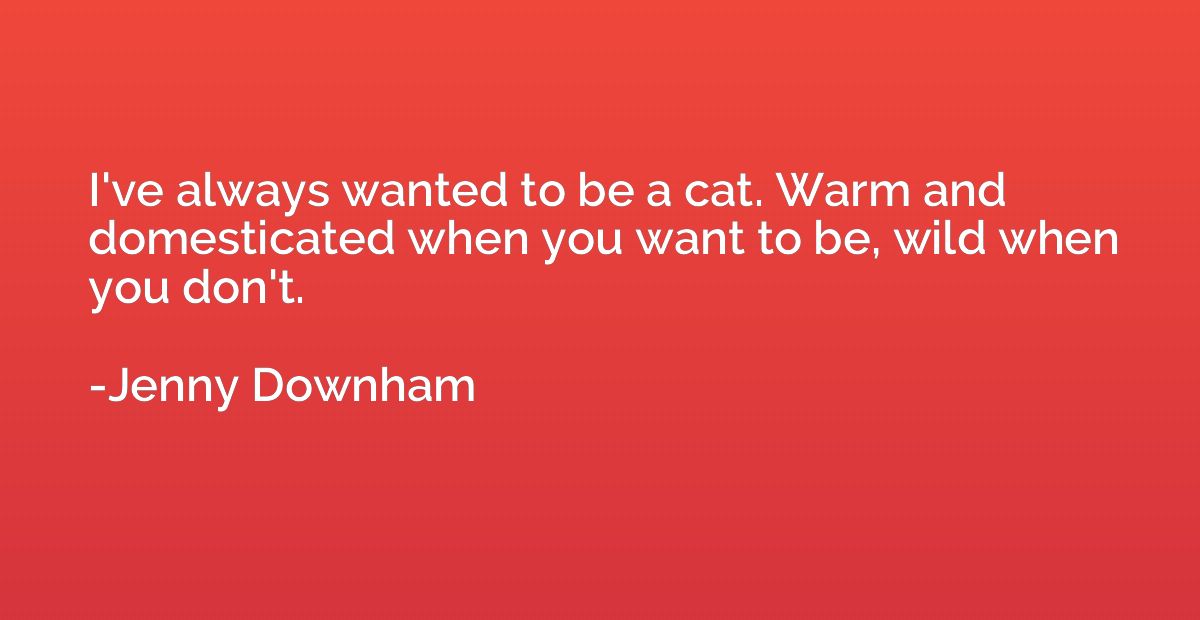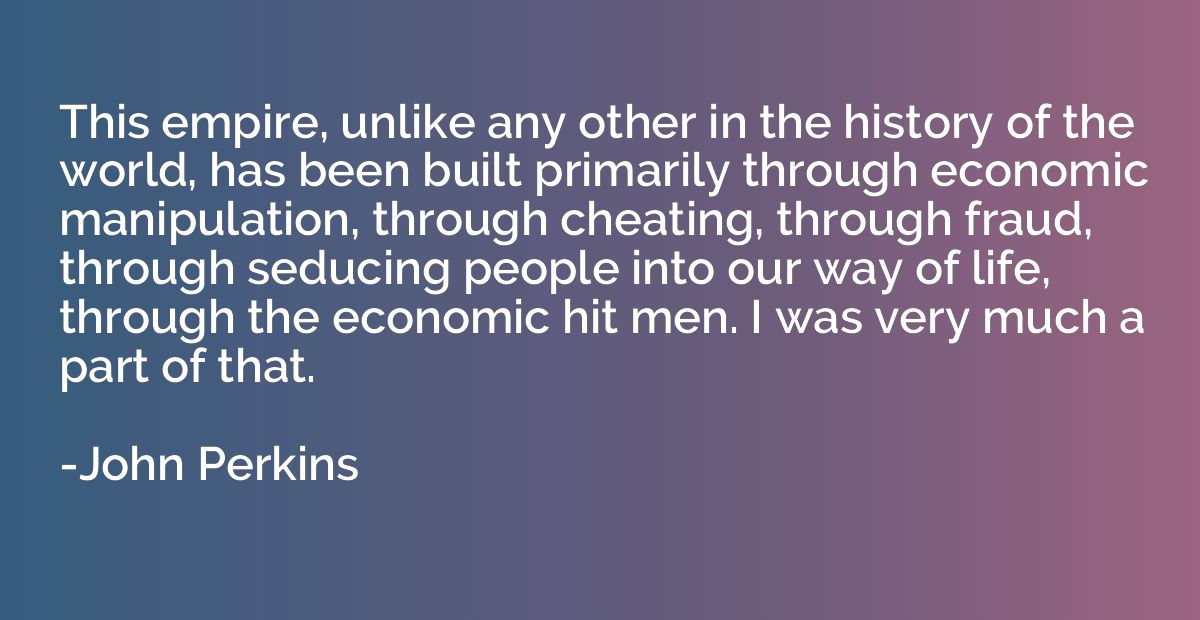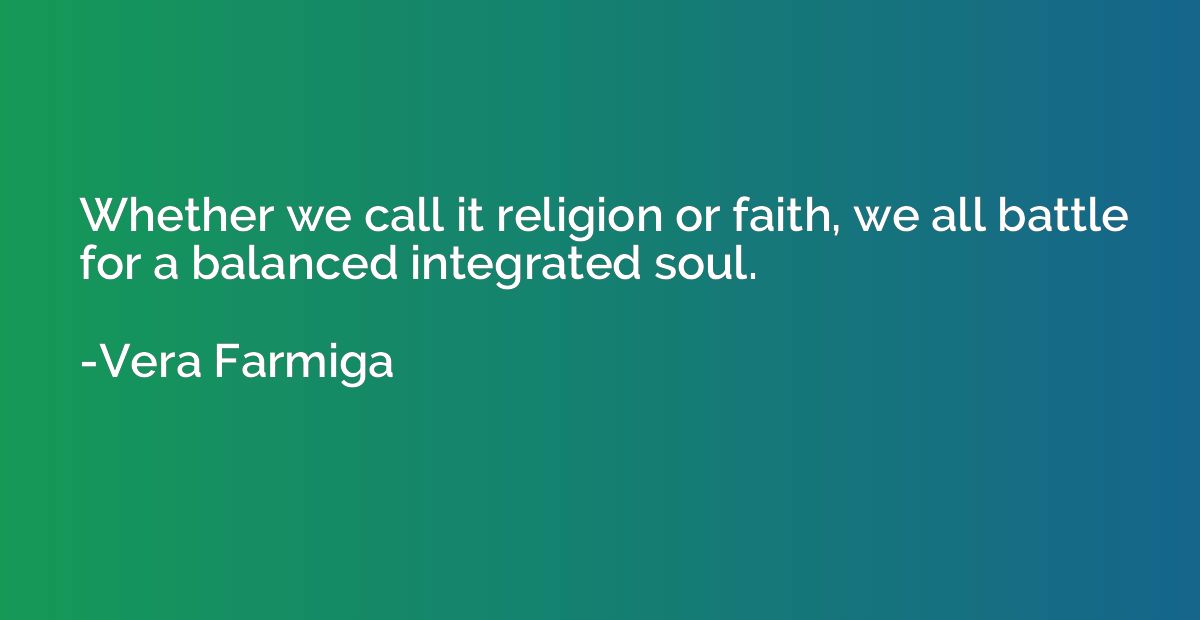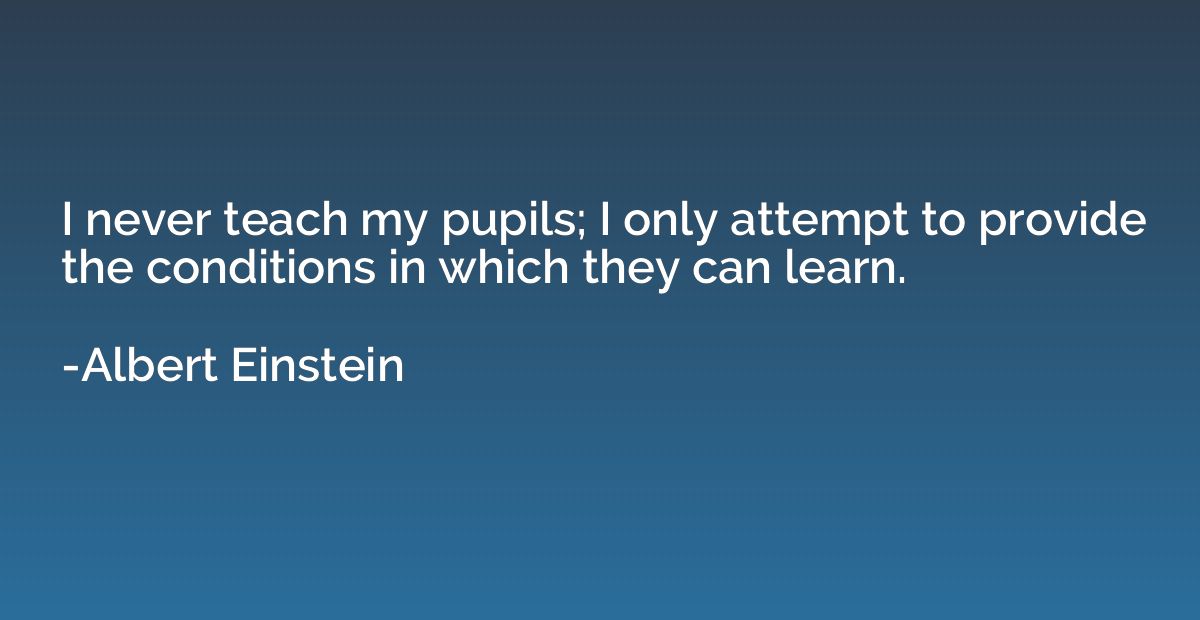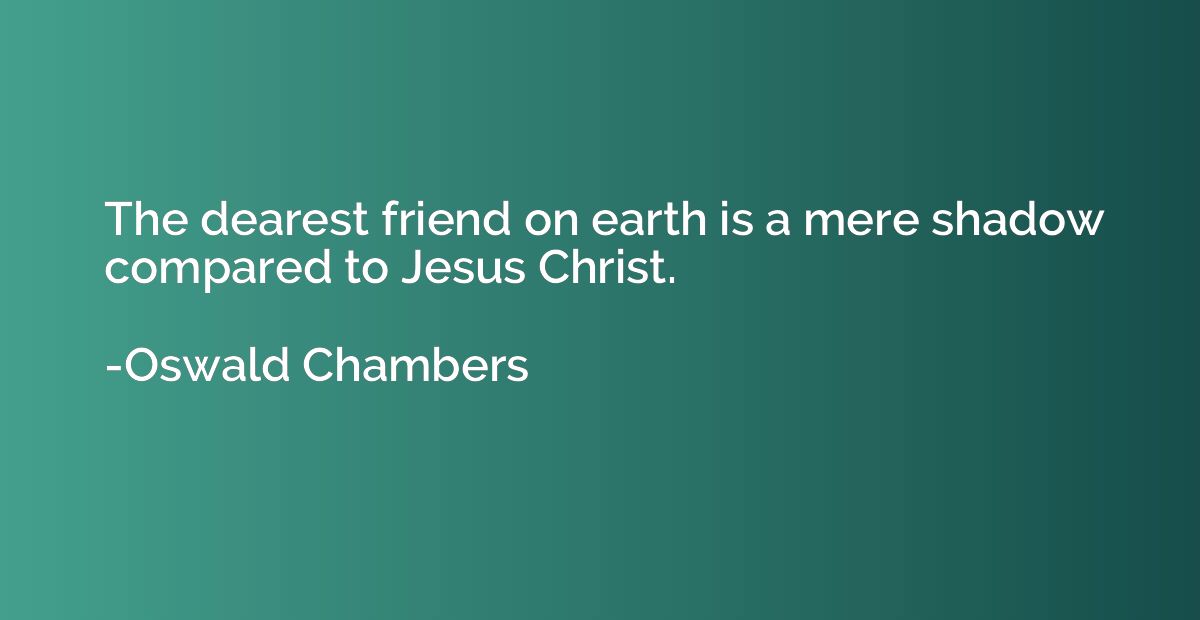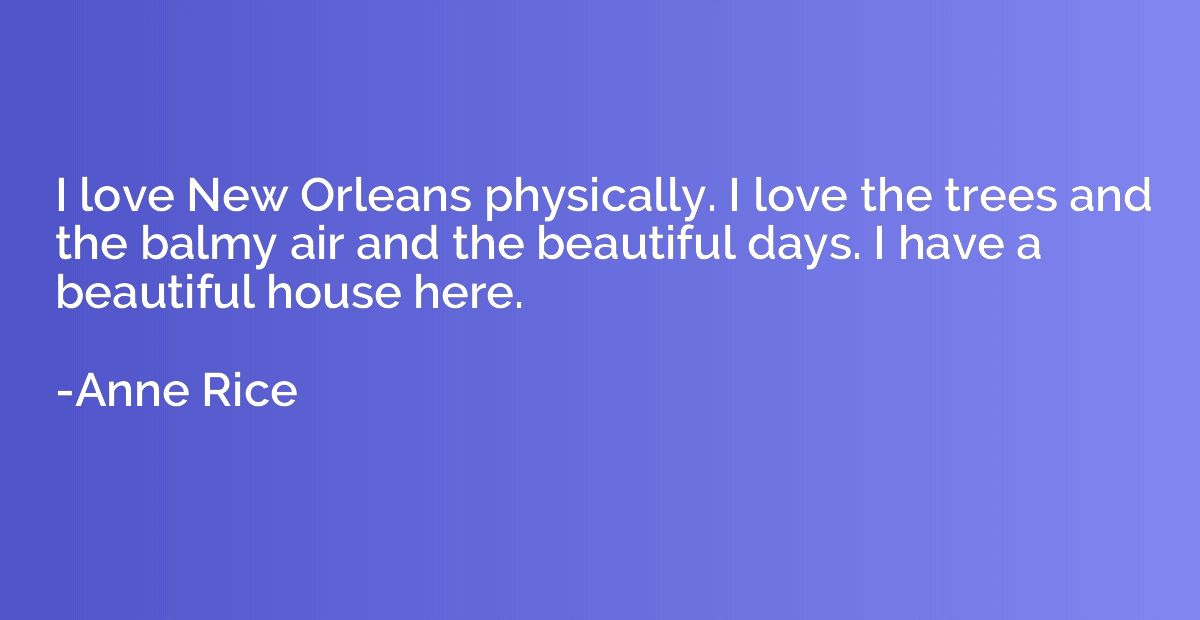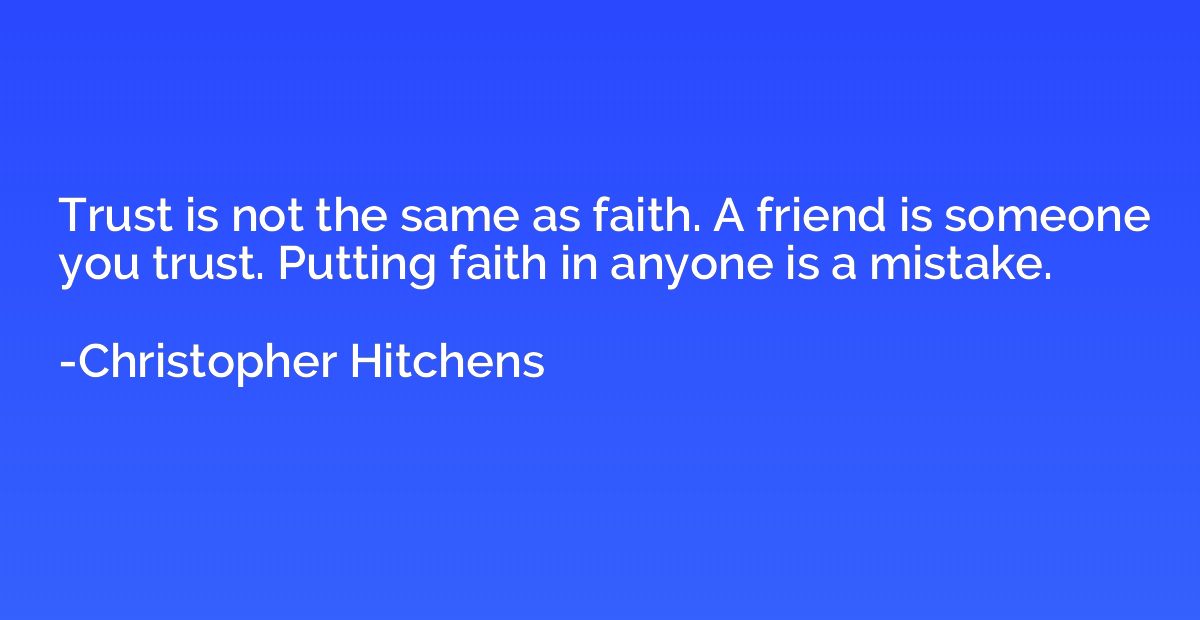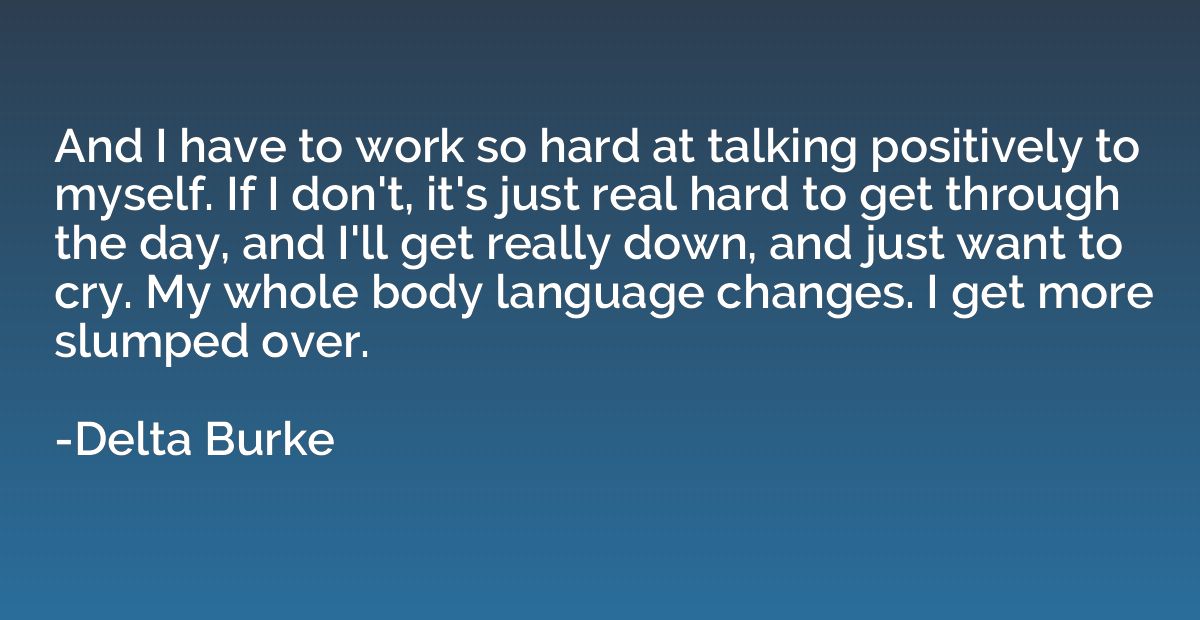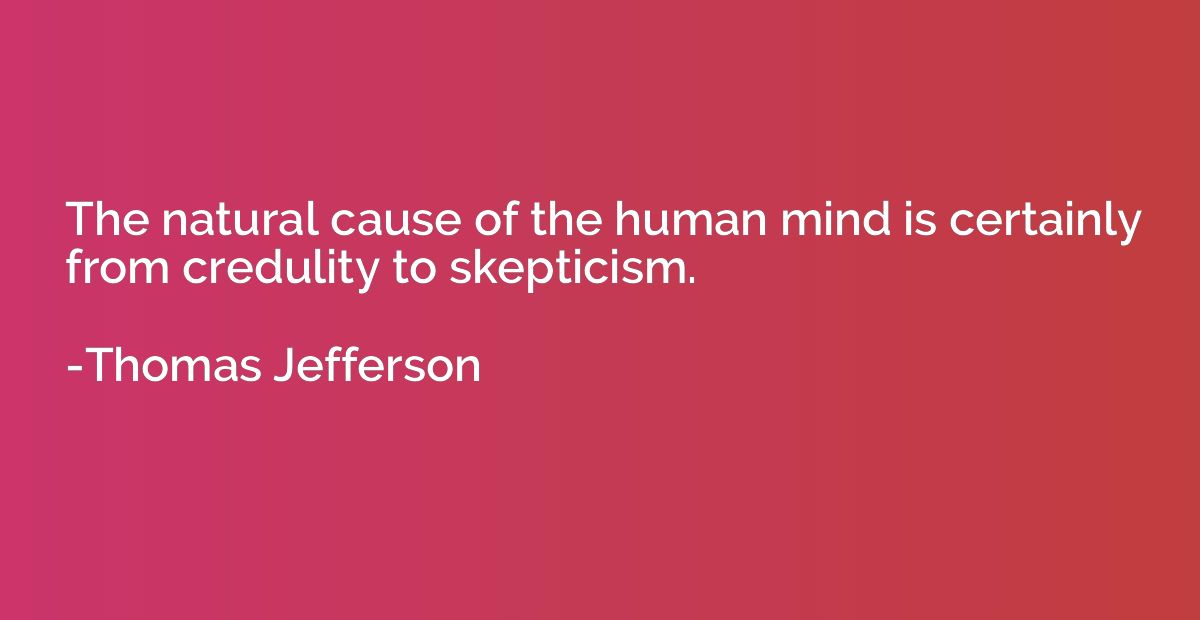Quote by C.S. Lewis
Wouldn't he know without being asked?' said Polly. 'I've no doubt he would,' said the Horse (still with his mouth full). 'But I've a sort of an idea he likes to be asked.
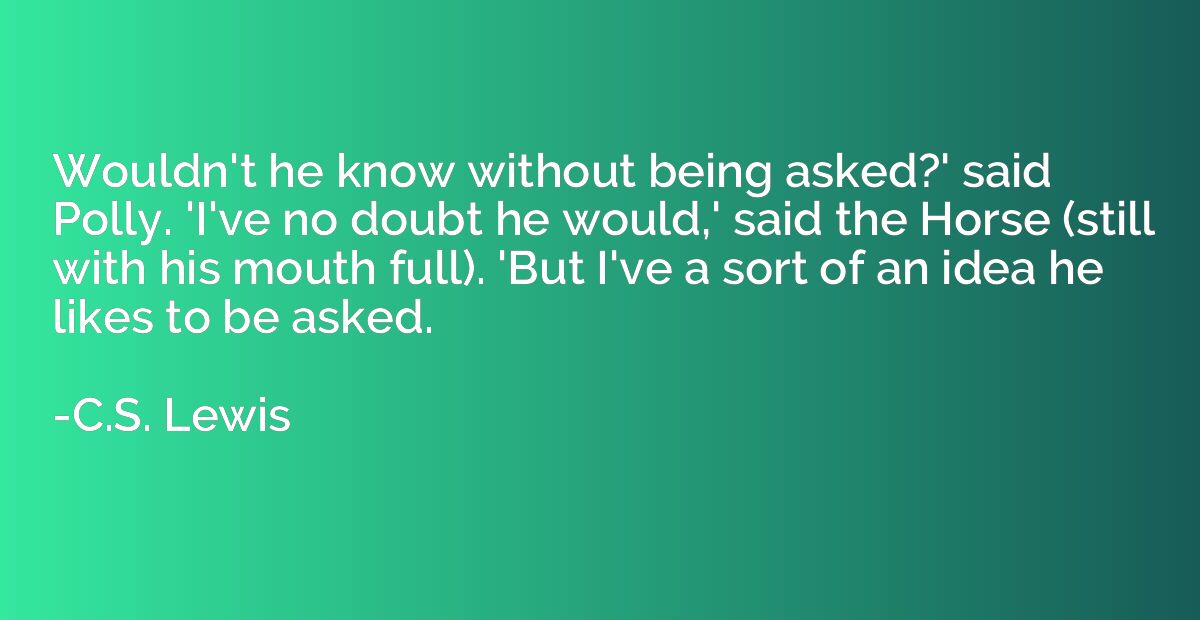
Summary
In this quote from C.S. Lewis's "The Magician's Nephew," Polly and the Horse are discussing the idea of asking the wise and all-knowing lion, Aslan, for guidance. Polly wonders if Aslan already knows the answer to their questions without being asked. The Horse suggests that although Aslan certainly possesses vast knowledge, he delights in being asked. This implies that by asking questions, one not only gains answers, but also fosters a deeper connection and mutual trust with those who possess wisdom.
Topics
Manners
By C.S. Lewis



